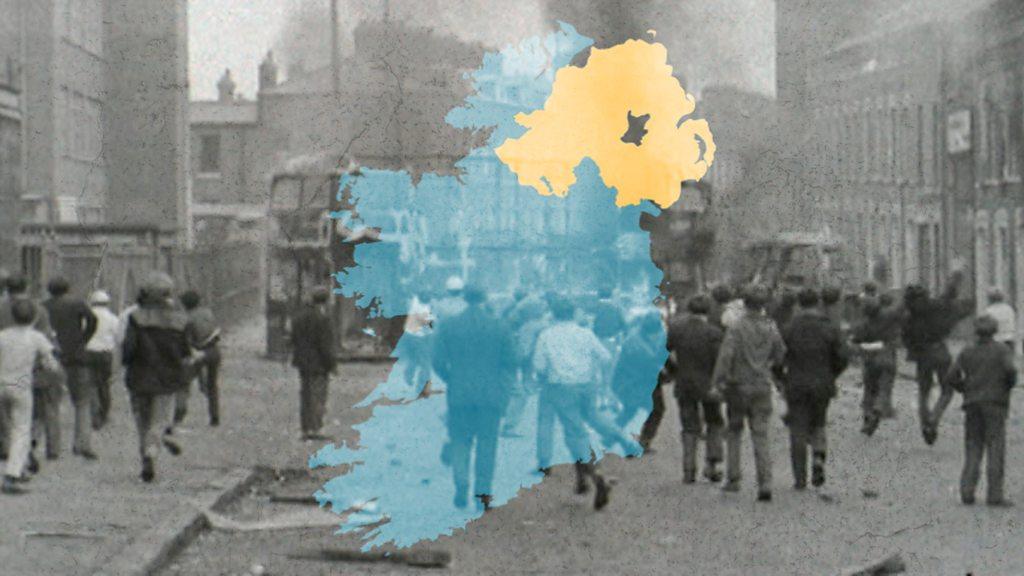NI election 2022: What the 1998 peace babies want for the future
- Published
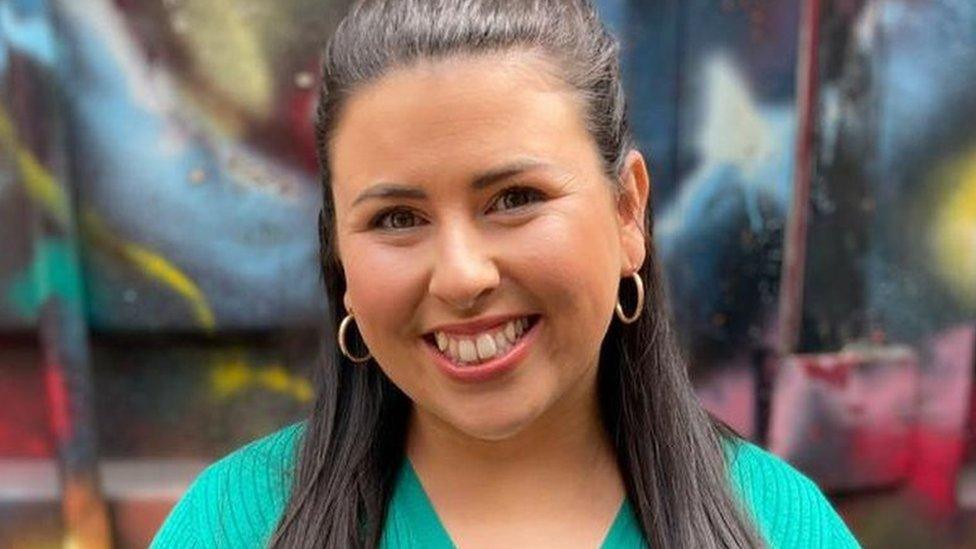
"Our generation is motivated on policy matters such as climate change and the cost of living," explains 23-year-old Emma.
She was born in 1998 - the same the year the Good Friday Agreement peace deal was signed ending decades of violence in Northern Ireland.
People born that year are nicknamed "peace babies" - the idea being they'd be a generation that wouldn't see the same divisions their parents or grandparents saw growing up.
"I think we can see the bigger picture than maybe people born in the '60s and '70s who lived through the Troubles," she tells Radio 1 Newsbeat.
Newsbeat invited four people - all born in 1998 and from across the political spectrum - to take part in a programme looking at the upcoming election.
Voters in Northern Ireland will decide on Thursday who should be in its government and in charge of key areas like education and health.
Since 1998, when the power-sharing system was born as one of the conditions of the peace deal, the largest party has always been a unionist one - representing voters who tend to be Protestant and have loyalty to the Queen and other parts of the UK.
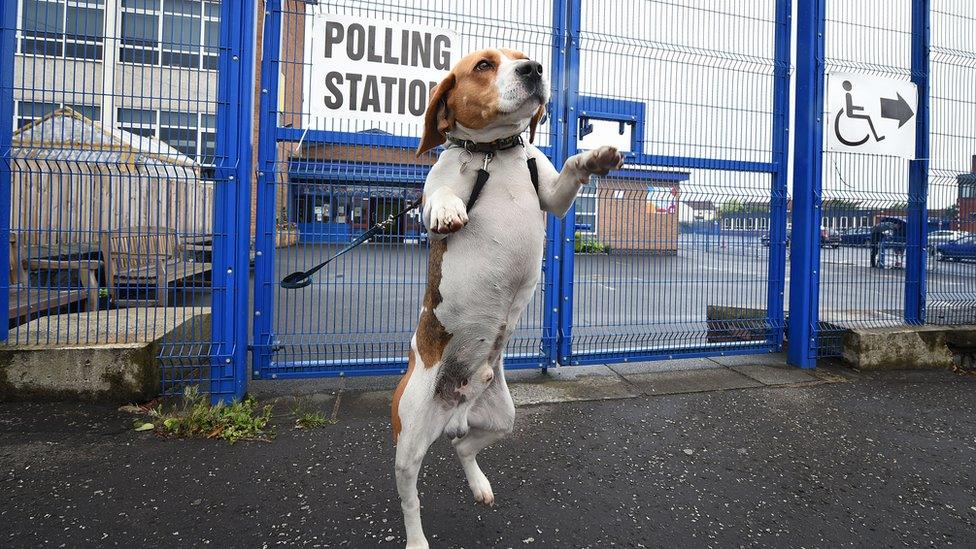
The election result could trigger months of uncertainty and negotiations over who leads the executive
For the first time though consistent polling suggests a nationalist party could be the largest party - historically representing those who are Catholic and want Northern Ireland to be part of a United Ireland and leave the UK.
This election could be historic as for the first time Sinn Féin could win - meaning it would choose the first minister which would be hugely symbolic.
As part of the 1998 deal the first minister and the deputy first minister of Northern Ireland have equal powers but one is unionist and one is nationalist.
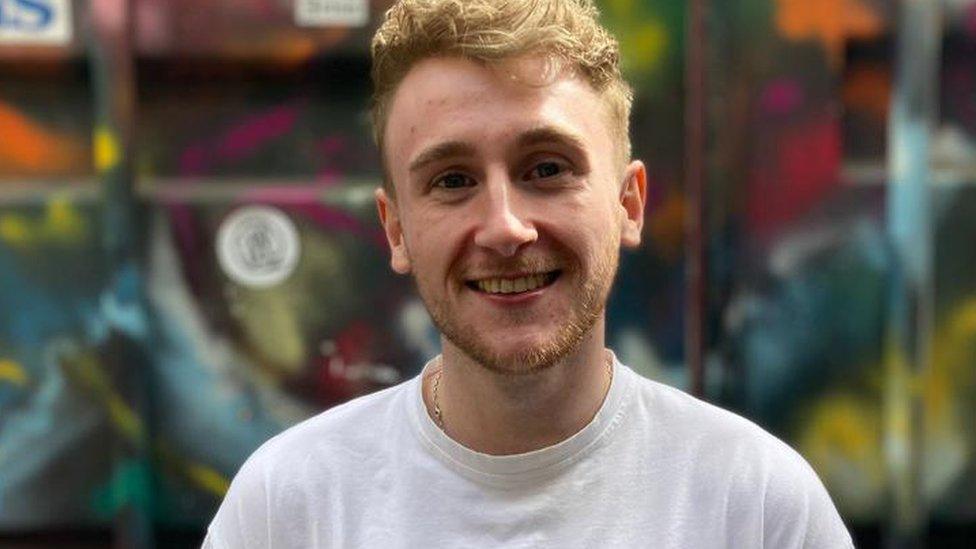
Kalem, who's 24 and also born the year of the peace deal, believes this political system of power sharing still works.
After the last Northern Ireland Assembly election in 2017 there was a three year stalemate over policy issues between the DUP (Democratic Unionist Party) and Sinn Féin.
"The problems facing Northern Ireland are so multi-faceted," he tells Newsbeat.
"It almost reinforces that we can work together, and idealistic as that sounds it takes multiple people from multiple backgrounds to make Northern Ireland work.
"Our generation is the one to do it."
Kalem believes those born in 1998 are the "custodians or the guardians" of the peace deal.
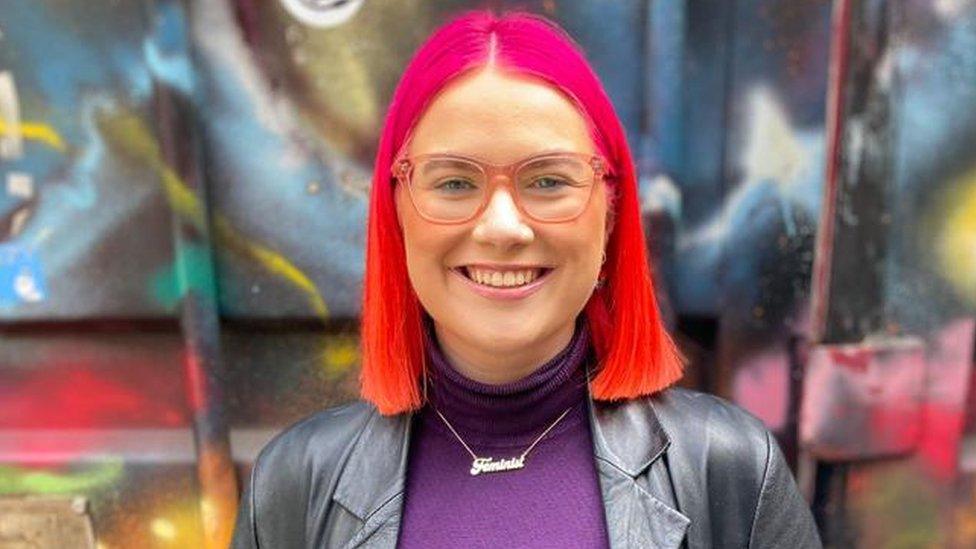
Bethany, who's studying in Belfast, says it shows her "how things are really progressing" and whatever happens with results she's optimistic for the future.
"There's no a range of voters who aren't subscribed to one strict view on either side," she explains.
"We're looking towards social issues like climate change, LGBT education and abortion services."
She says now is the time for Northern Ireland to "progress".
"We've had the benefit of growing up in a peaceful society but we want more than that, and that's what I'll be voting on".
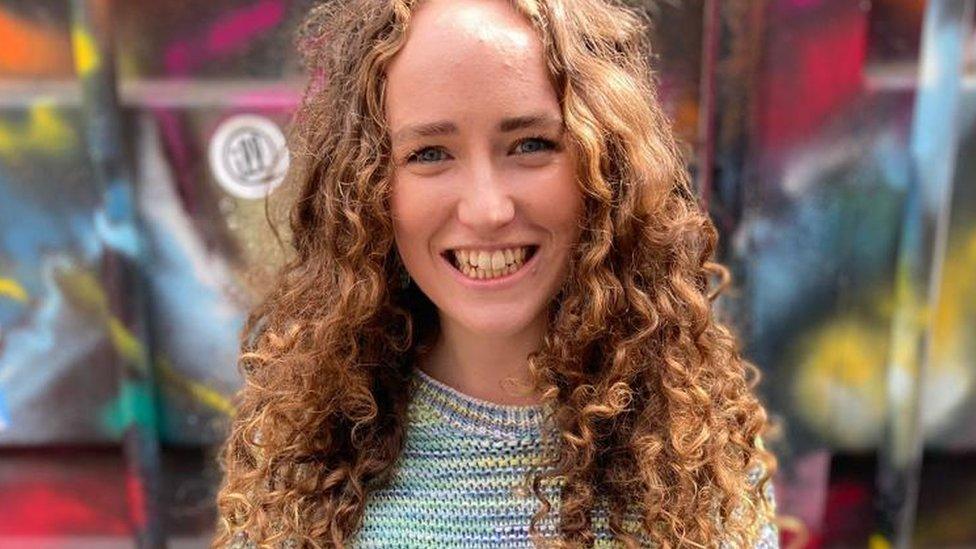
Rosalind agrees and says the year she was born definitely "shapes the way" she votes.
"Our voting patterns aren't defined by the divisions that may have defined voting in the past," she tells Newsbeat.
For her she's looking for candidates that have strong environment policies as well as those on food security and poverty.
The roots of Northern Ireland’s Troubles lie deep in Irish history
"It's a completely different place to what it was in the '60s and '70s," Rosalind says.
"If you looked at the news you'd think Northern Ireland is a despairing place and violent which isn't true at all.
"Everyone should come visit".


Follow Newsbeat on Instagram, external, Facebook, external, Twitter, external and YouTube, external.
Listen to Newsbeat live at 12:45 and 17:45 weekdays - or listen back here.
Related topics
- Published3 May 2022
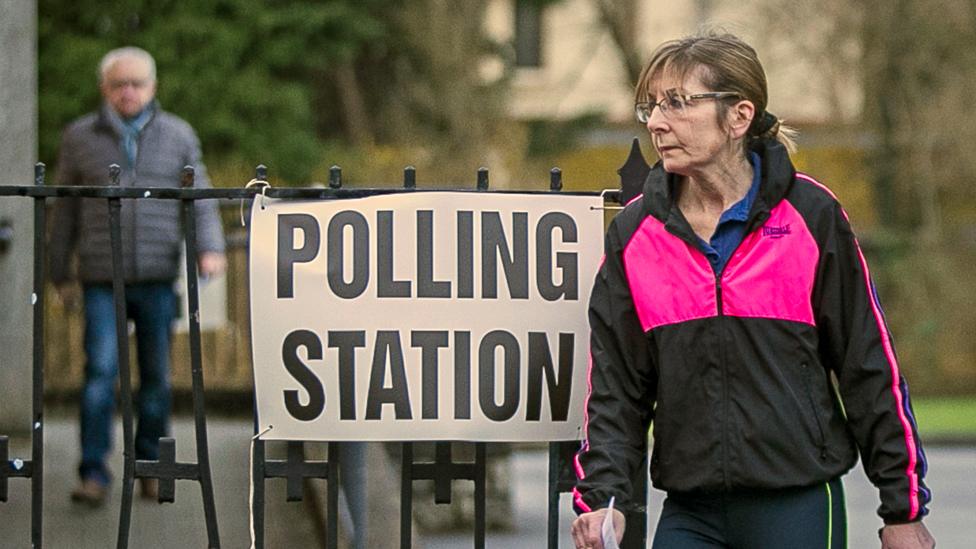
- Published28 March 2022
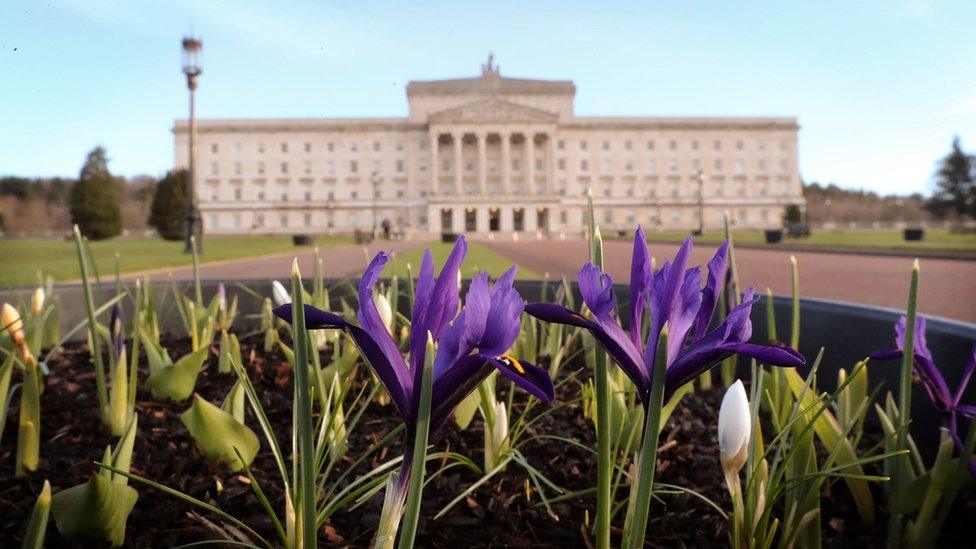
- Published13 August 2019
